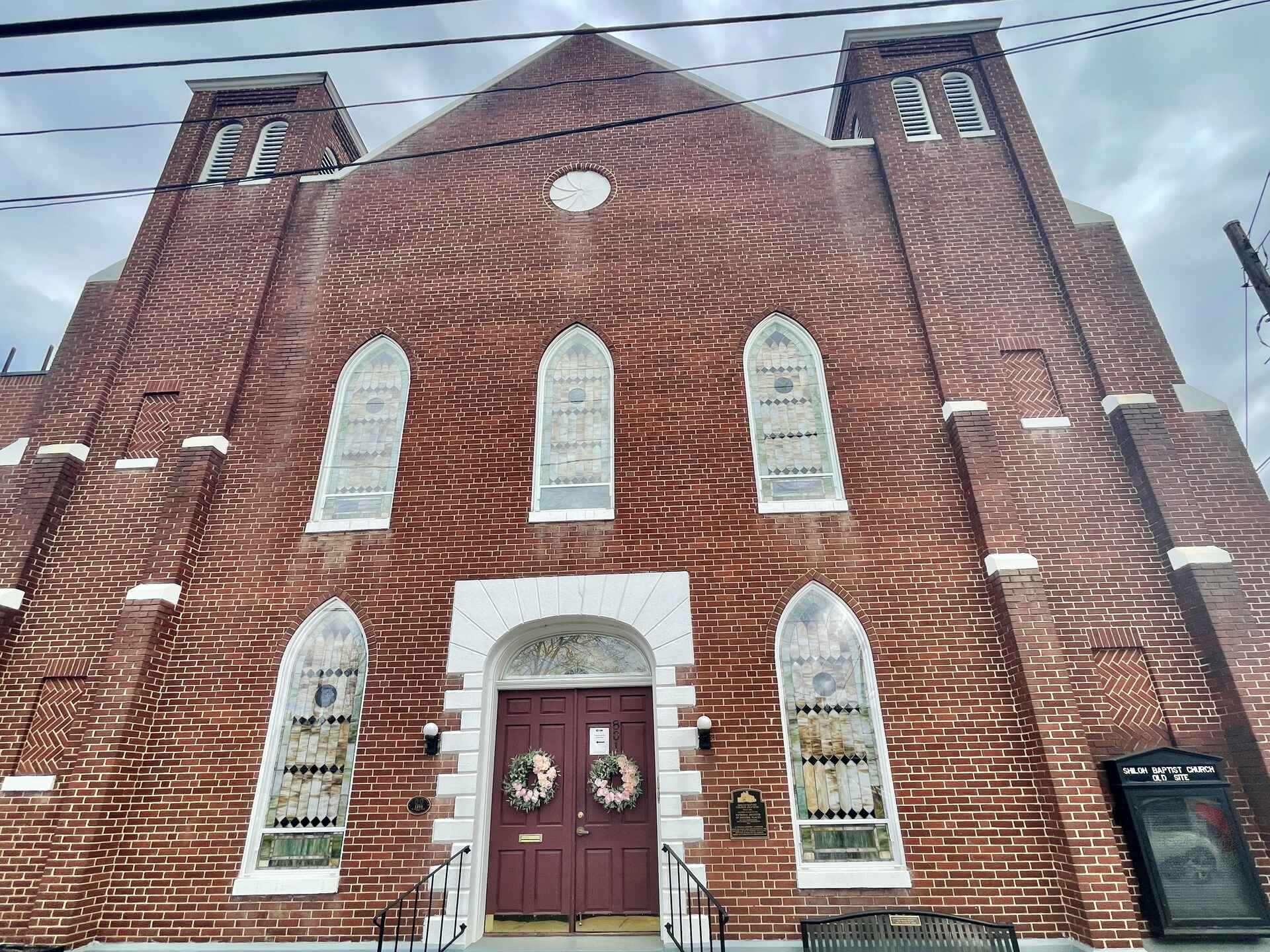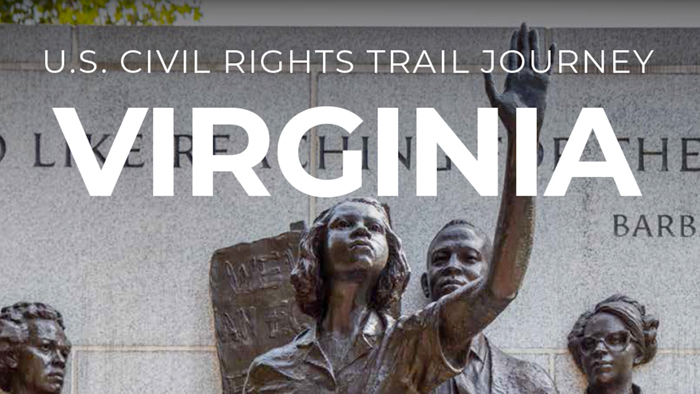Fredericksburg – Freedom in Progress
Fredericksburg, Virginia’s location between Washington, D.C., and the Confederate capital of Richmond made it the site of intense fighting during the Civil War as Union and Confederate armies advanced and retreated. With this turbulent history as a backdrop, the Fredericksburg Civil Rights Trail, named “Freedom, a Work in Progress,” was created in partnership between the city of Fredericksburg and the University of Mary Washington, with significant input by Fredericksburg residents. Professors, staff, students, local historians and the Black community worked for more than two years to draw together stories of the area’s people and places that helped shape Fredericksburg’s civil rights narrative. The trail includes sites where Black people created educational, housing and business opportunities during Jim Crow era segregation, as well as buildings where people protested racial segregation in the 1950s and 1960s. Also included are sites of history-making sit-ins, neighborhoods marred by segregation and locations that illustrate the efforts of Black artists, educators, entrepreneurs, students and others determined to make a difference. Shiloh Baptist Church (Old and New Sites), the Fredericksburg Area Museum and the Slave Auction Site at the corner of William and Charles streets are among stops on the trail, which also includes a trek through the University of Mary Washington campus. The James Farmer memorial on Campus Walk, one of four trail sites at the school, honors the late civil rights icon and Freedom Rides leader who taught history at the university for more than a decade. As in the rest of the United States, Fredericksburg’s civil rights story continues into the present and is reflected in tour sites associated with Black political leaders of the mid- to late 20th century and the Black Lives Matter protests of 2020.
The first of its kind locally, the Fredericksburg Civil Rights Trail draws visitors from across the nation. It brings to public consciousness the struggle for everyday freedoms, justice and equality inherent with being a Black American. The trail traces the history of civil rights in a city known for its role in America’s greatest conflict, the Civil War, telling a story that resonates far beyond Fredericksburg’s borders. The trail is free and open to the public 365 days a year.


























